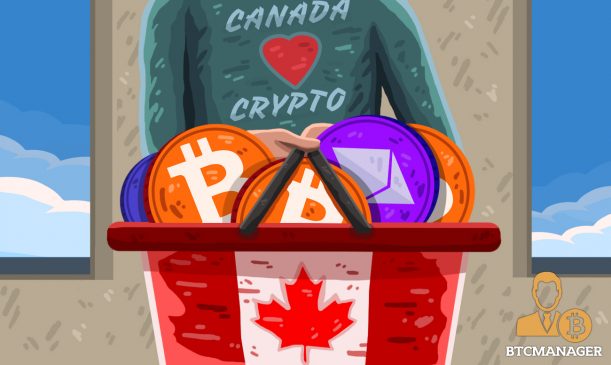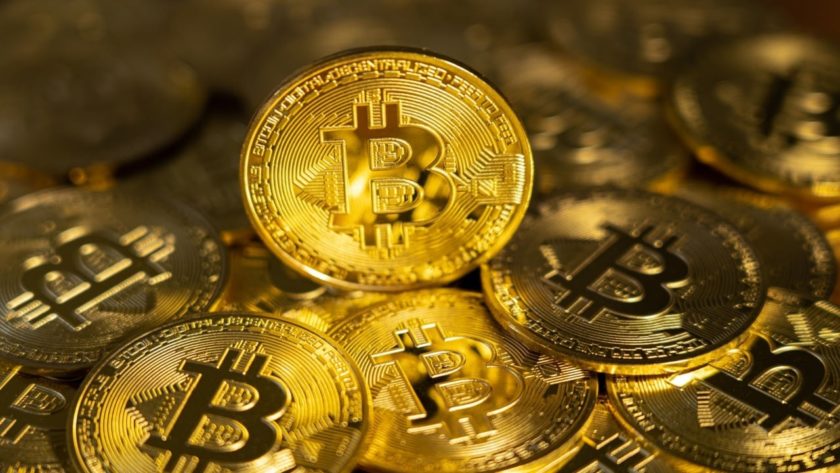The Government of Canada has advising warnings that citizens should purchase marijuana with cash to protect their personal information on December 19, 2018, highlighting a perfect real-world scenario for Bitcoin.
While Canada made waves back in October by legalizing recreational marijuana, Canada is back in the news due to other countries (notably the USA) turning away Canadian citizens that have purchased marijuana, despite it being legally acquired.
Note this isn’t a problem if a Canadian is traveling to another marijuana friendly country but with the political landscape still heavily against marijuana this is a rather moot point.
How Do Other Countries Know If You’ve Bought Marijuana?
While the Privacy Commissioner released this guidance document warning Canadians attempting to travel after purchasing marijuana, no one is talking about how the border patrol or another regulatory body would even know if you’ve bought cannabis or not.
Even though the document does its best to assure citizens that privacy measures are implemented, the fact this document exists, and it encourages people to purchase using cash suggests information is still being leaked, sold, transferred, and otherwise being compromised.
And with recent privacy horrors like an article covered by Business Insider talking about Mastercard selling transaction data to Google back in September, the idea of sensitive consumer information being sold becomes a lot more plausible.
So what can Canadian citizens do to prevent their chances of being turned away at the border?
Citizens Advised To Minimize Information
Since every payment method besides cash leaves not only a unique transaction identifier (credit card numbers, debit card credentials, etc). but the name of the user, these methods can be used to discriminate against citizens that have purchased cannabis, even from licensed dispensaries.
But with many people going cashless, having to stop by the ATM or carrying cash to purchase marijuana can make the entire experience a hassle. This is where bitcoin comes in.
Users could download a wallet to their phone, transact with a similar POS experience (merchants would have to download a wallet of their own or a POS app that accepts bitcoin), all without having to go out of their way to carry cash.
While neither cash nor Bitcoin is truly untraceable (banks could recognize regular ATM withdrawals as marijuana purchases and those motivated enough could track transactions through the blockchain), they provide enough privacy that should prevent them from being discriminated at the border.
Category: Bitcoin, Blockchain, Business, Ethereum, Finance, News, Platform, Tech
Tags: ATM, bitcoin, Canada, cannabis, cryptocurrency, digital tokens




